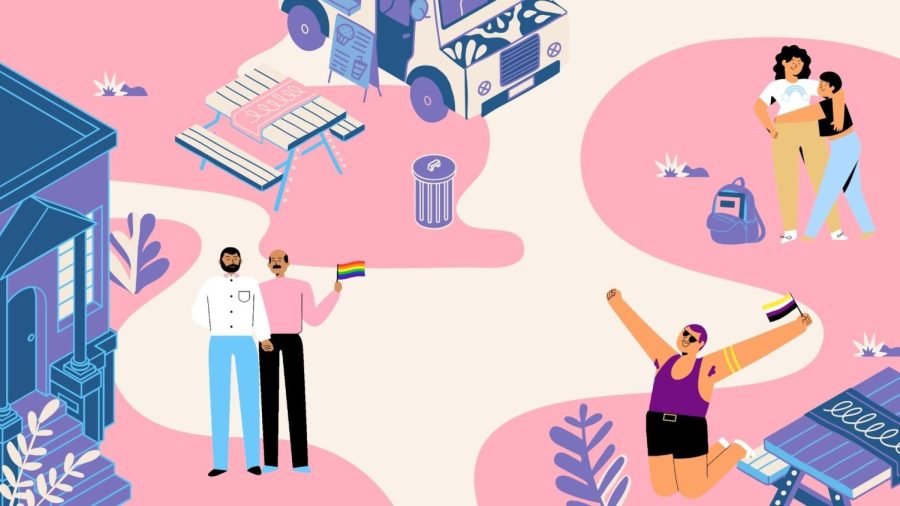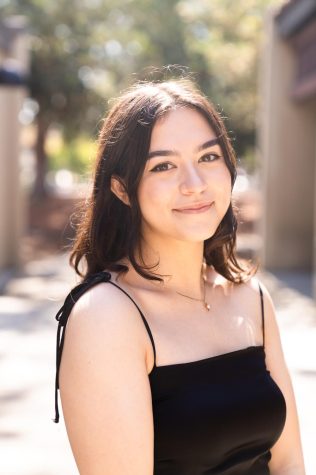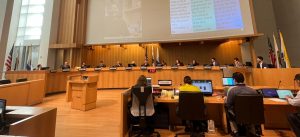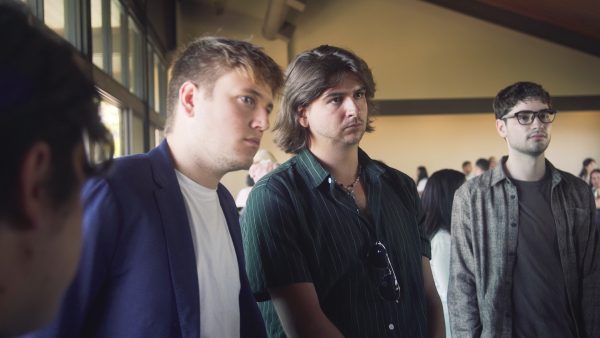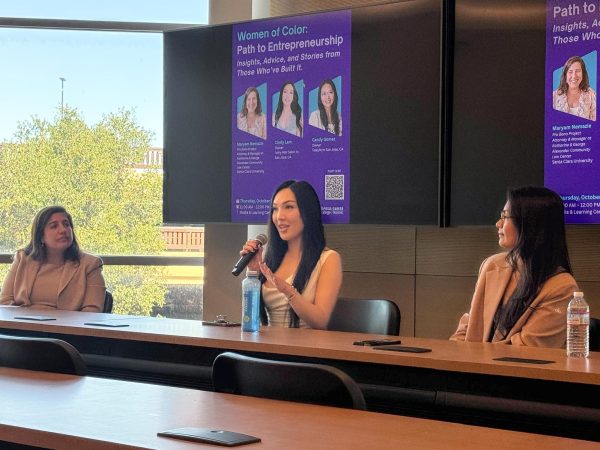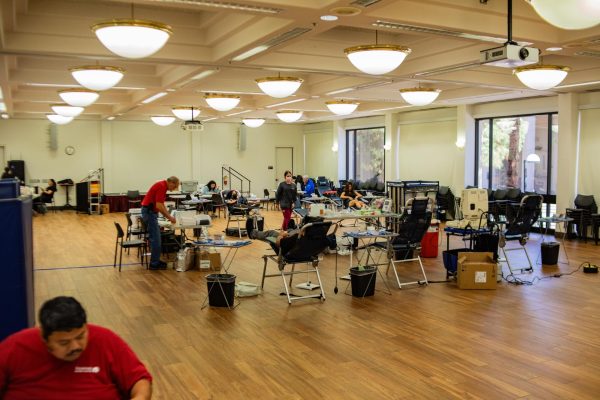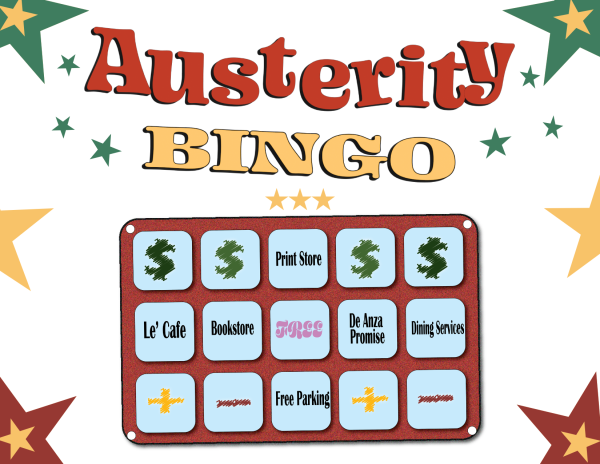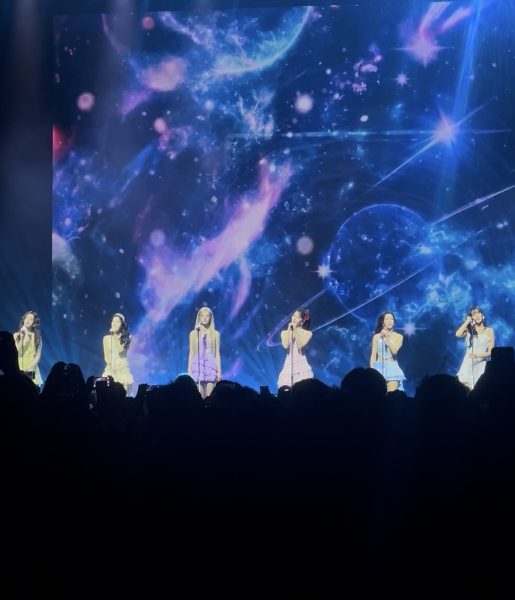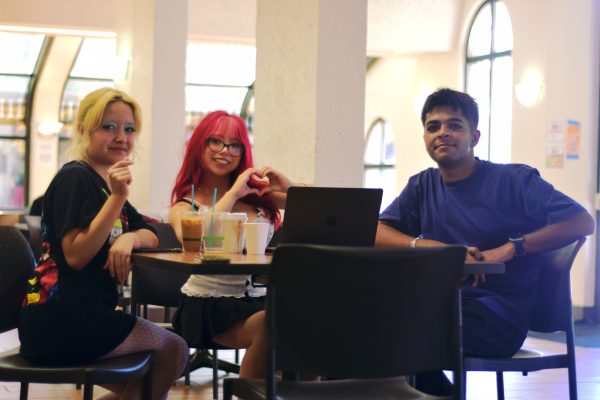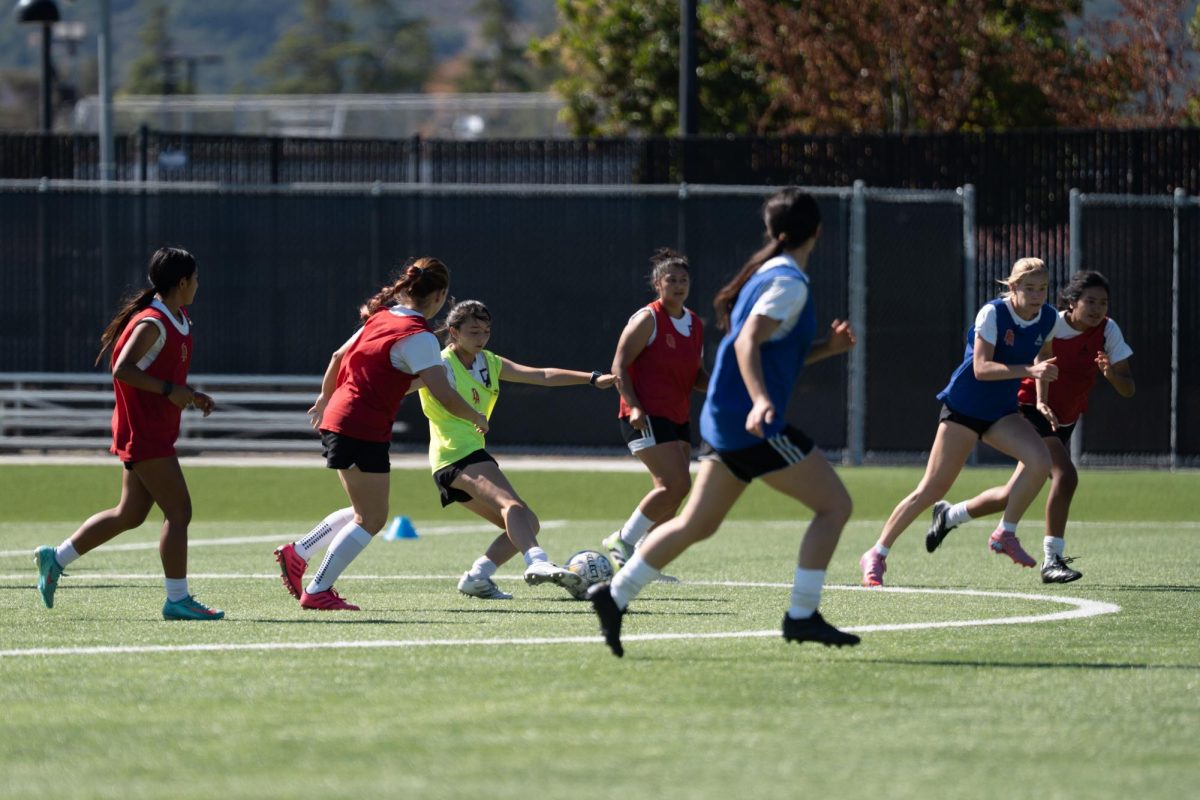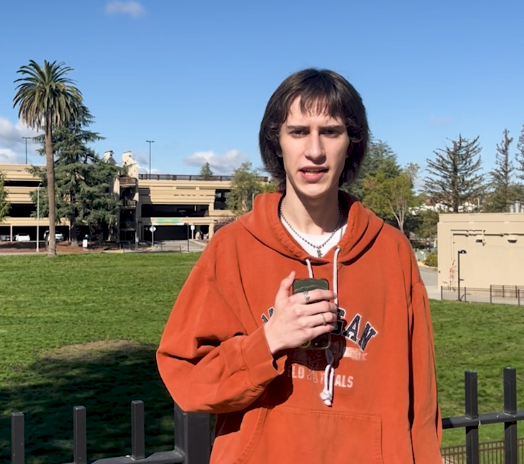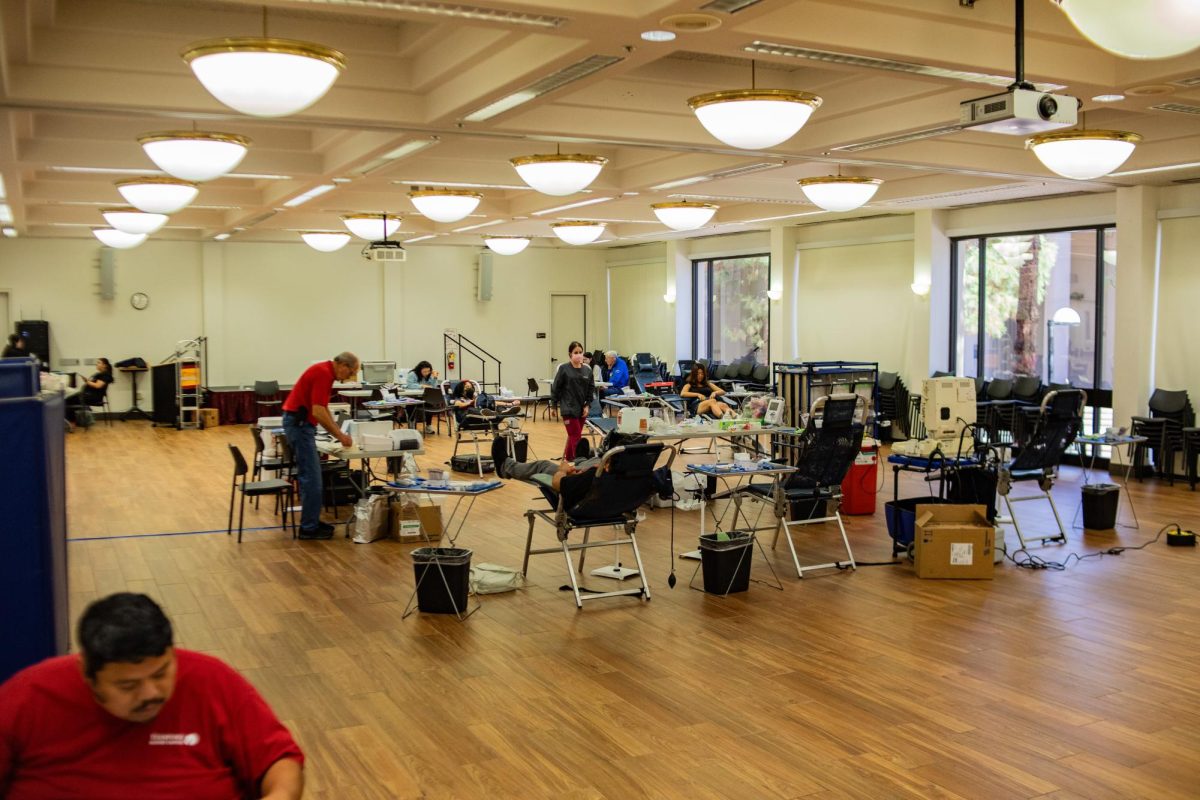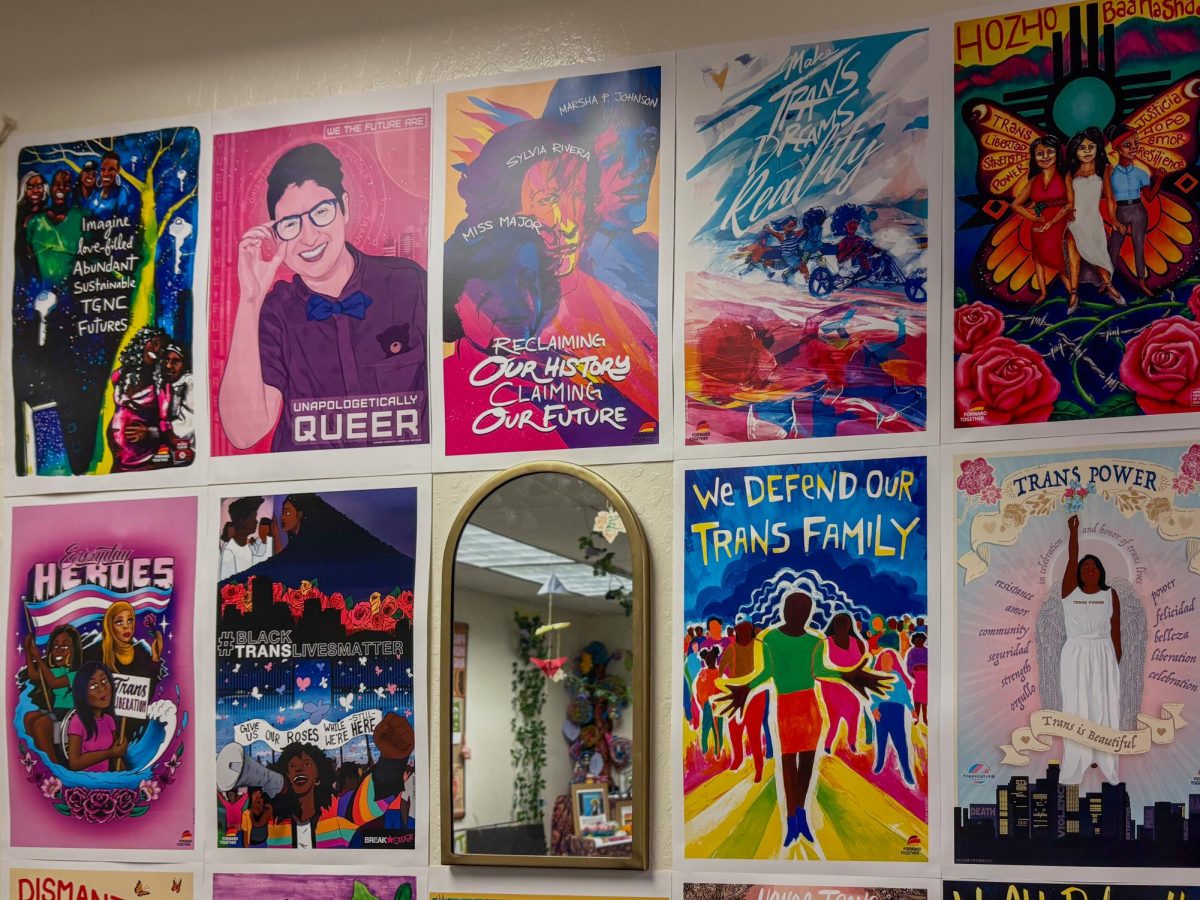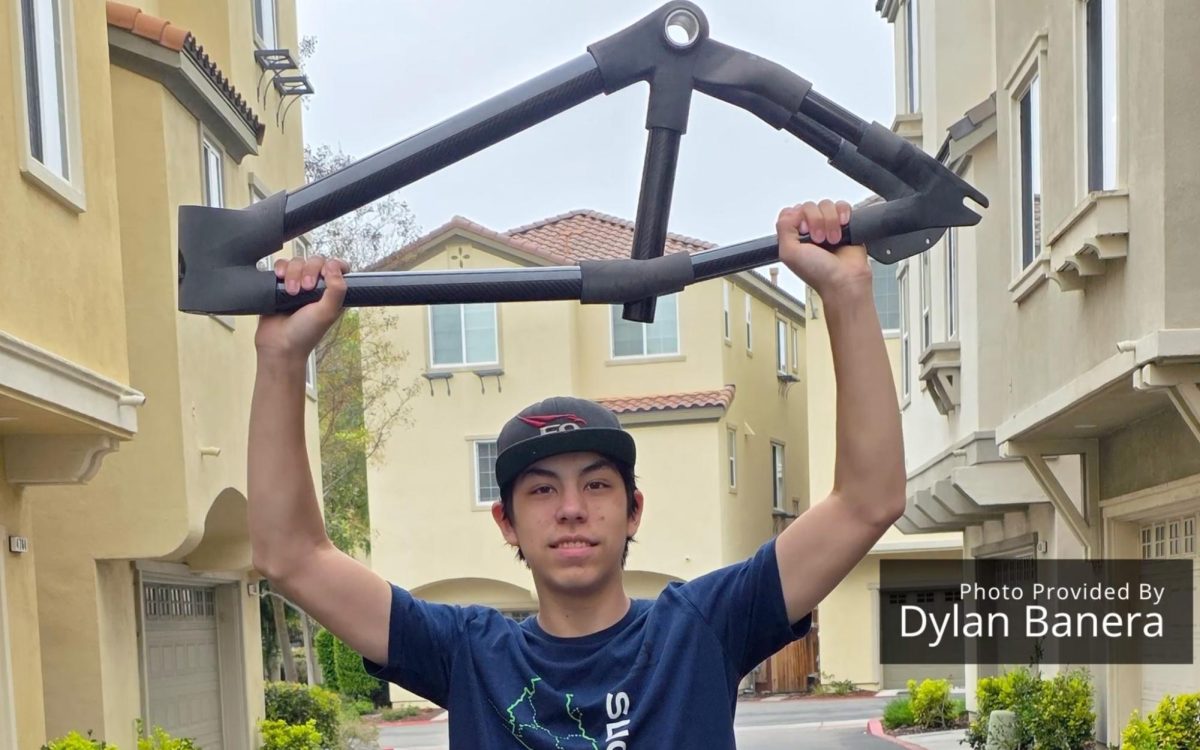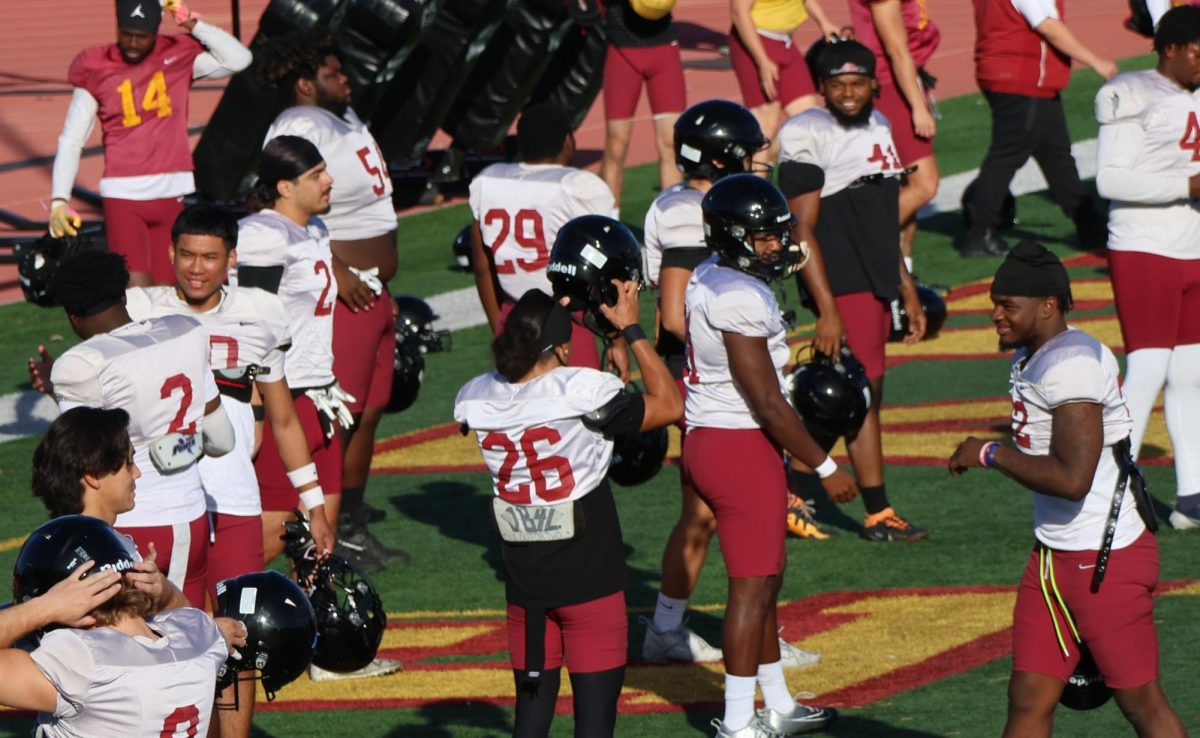De Anza aims to be a more safe and inclusive space for LGBTQ community
January 25, 2022
Last spring the Women, Gender and Sexuality Center — formally known as the Jean Miller Resource Room — conducted a survey that polled LGBTQ identifying De Anza College students to gauge the needs and concerns of the community in terms of mental health, curriculum and support from faculty and the center. Since then, the center has had changes in operation, increased campus involvement and expanded services offered to support members of the LGBTQ community.
According to the survey, 88 percent of participants said that psychological and mental health services should expand on De Anza College’s campus, while 64 percent felt that lack of access to mental health services affected their academic success the greatest and 83 percent wanted the WGSC to offer events focusing on mental and emotional health and well-being.
Faculty Coordinator of WGSC and professor Chesa Caparas presented the survey findings at the Oct. 1, 2020 Academic Senate meeting to highlight some of these concerns. Caparas said that as a result of these findings, Psychological Services organized an LGBTQ group this quarter to meet in and act as a confidential environment or safe space.
“The survey kind of told us some things that I had already known anecdotally, which is that students really need mental health support and services,” Caparas said. “Psych Services has an LGBTQ specific support group, which a lot of students said in the survey that they would like to see more of.”
Co-president and co-founder of De Anza’s LGBTQ Alliance Club Amanda Z., who wished to be identified by their last initial for safety concerns, said that they organized the club to help offer an explicitly LGBTQ space for students to connect, as she felt the school had no shared safe space to comfortably discuss queer issues. For her, a student-run space felt more approachable and secure than going to campus-run services run by faculty.
“The LGBTQ Alliance is a community beyond just a club and social space,” they said. “Last year, there was not really any queer clubs at all. It is different when you can speak to a student who is more like you.”
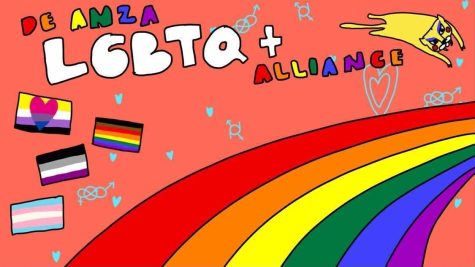
They also said that though the school lacks accessible resources for students in the community and that many student still can not feel safe outside of the few designated queer-inviting spaces, that the LGBTQ Alliance club, WGSC and the Office of Equity have helped improve the campus in the last year.
“Compared to last year, [WGSC] has improved a lot in terms of the space they are giving students,” they said. “I think the LGBTQ alliance and the WSGC — have worked in the effort to really increase the capacity for queer students and queer visibility on campus.”
Additionally, Caparas cited Diablo Valley College’s new Pride Learning Community as an inspiration to offer courses focused on LGBTQ+ history, culture, identity and experience.
With additional help from the Instructional Planning & Budget Team and De Anza Student Government, the WSGC was recently approved a full-time tenured track position to support LGBTQ students within the center — meaning, the center will have a faculty coordinator dedicated to working improve queer services.
This fall, the college also received a federal grant to build the Ethnic and Pride Inclusion Center (EPIC) and have committed to using those funds to expand current learning communities within the next five years. According to the college’s website EPIC would serve “historically underserved students, including LGBTQ students.”
Caparas said that there should still be an explicit pride space that appropriately addresses the various systems of oppression that the community faces — such as racism, classism, heterosexism, homophobia and transphobia. Still, they celebrate the many improvements the WGSC have made to better support students. Improvements include event opportunities such as the Queer & Now conference, the Lavender Graduation, equity training for faculty and the various LGBTQ specific resources across different departments.
“Hopefully, [EPIC] is going to be an intersectional space where we can talk about the pride piece, but also the race and ethnicity piece and how those intersect,” Caparas said. “But, I agree that, especially as we have this new full-time position which is directly to serve LGBTQ students in the community, we shouldn’t forget that there are still women’s issues that also need to be addressed. We’re tackling a lot of different systems of oppression.”
Amanda Z. said she agrees with Caparas, but that despite the need for a safe space like EPIC, it is vital for students on campus to feel welcomed and free. She hopes to see more inclusion in more aspects at De Anza — such as the inclusion of LGBTQ literature and history in courses and more training for faculty on gender and sexuality-based discrimination.
“I want [to see] an effort on all offices and faculties to be inclusive, and not just in these designated spaces,” Amanda Z. said. “It should not only be safe in these designated spaces but safe and known everywhere else too, because I don’t actually think that De Anza is a safe space for everyone yet — and definitely not for the LGBTQ community here.”
Another question on the survey asked students if they felt reflected in the curriculum — such as within books, materials and lectures — of their courses, 73 percent said rarely or never.
English Professor Brian Malone has been implementing queer theory in many of his English literature classes over the years of teaching. He hopes within his instruction, students can gain a unique perspective and sense of representation in his courses.
Malone said that curriculums across all subjects can follow and improve their inclusion of queer theory, such as including queer literature and historical figures for example.
“I think if students are feeling they are not seeing the representation, then there is something we need to be doing better,” Malone said. “It may not be enough for staff to be visible on campus, and it might have to go back to curriculum and have visibility across curriculum in whatever classes.”
Caparas believes the quality of life on campus for LGBTQ students is improving compared to the campus culture when she first started working as an adjunct ten years ago. They feel optimistic that with more support from senior staff, grant money, and the expansion of WGSC and EPIC, more trust can be gained from the queer community at De Anza College.
“I think there is still a lot of healing that needs to be done in order for people to feel safe,” Caparas said. “I feel like there’s still a lot of trauma and hurt from what I’ve heard from folks in the community. But I think the culture is starting to shift — it’s slow [and] it takes a while. And again, since we’re working with systemic, cultural change, it’s gonna take a long time.”
Updated Jan. 26: A previous version of this story mistakingly referred to the “Ethnic and Pride Inclusion Center (EPIC)” as “Ethnic and Price Inclusion Center.”



